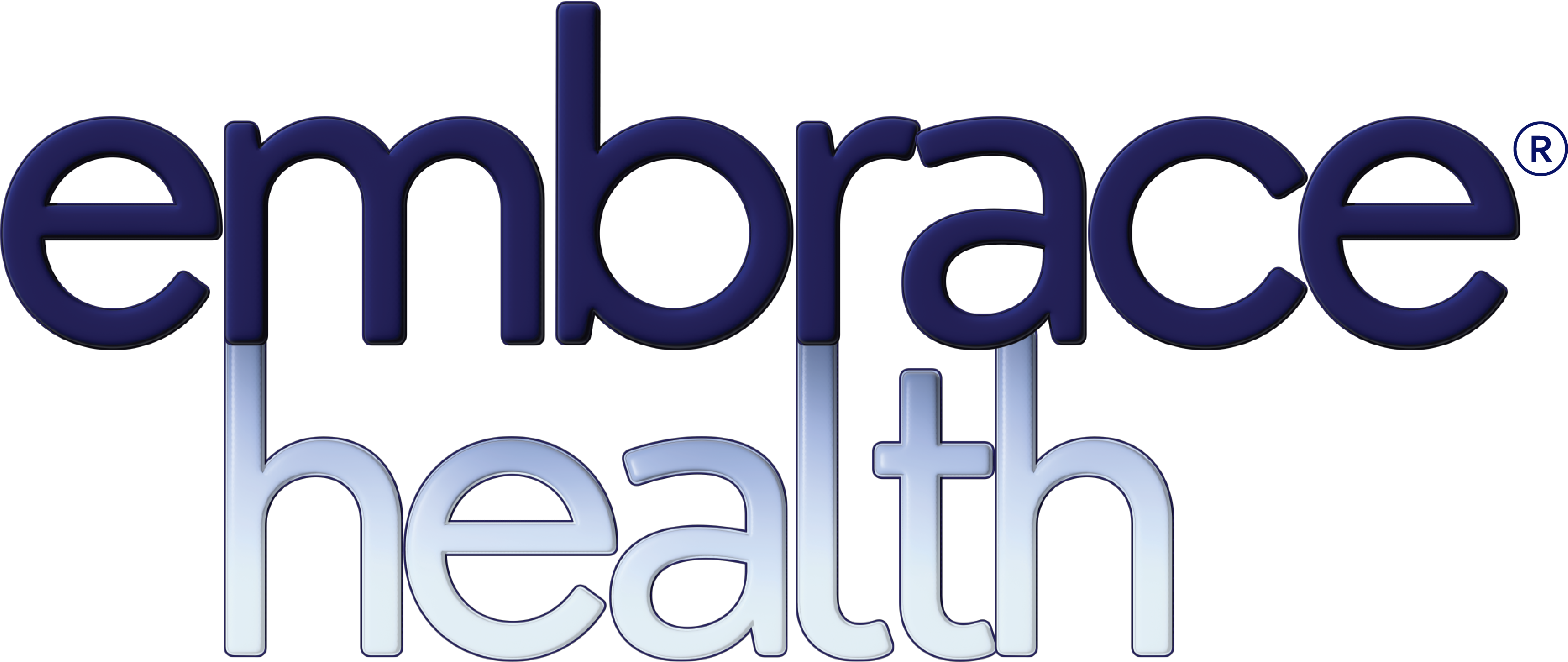What is People First Language (PFL)?
Critical to recovery is a person-centered approach. Referring to Mental Health America and the CDC, we understand that it is sometimes easier to forget when addressing an illness; one is also addressing a person. A person’s recovery often depends on feeling seen and understood, rather than just someone with a condition. PFL [People First Language] is a term we can use to remind us that we should put the person before the condition or diagnosis, describing what a person has and not identifying them as a condition. – ODR [Office of Disability Rights].
Thoughtfully choosing the appropriate way we address any person is not only good manners, but it can directly impact the health and safety of those we interact with. In becoming conscious of the need to treat others with kindness and respect, we develop healthy relationships. Remember, when in doubt, call someone by their name.
Why is PFL so important?
“The use of language is critical to ensuring a recovery-oriented and person-centered approach. It is important that people are seen first as people and not seen as their mental health condition. People are not Schizophrenic, Bipolar, or Borderline. People are not cases or illnesses to be managed” (Mental Health America, 2021).
PFL Reminders:
- Address or refer to someone by their name rather than condition.
- People-first language is the best place to start when talking to a person with a disability.
- Remember that preferences can vary.
Our words carry weight and have an impact on those around us. Remaining conscious of how we use specific language lets us own our part in breaking down mental illness stigma.
Below are a few examples of PFL:
| Instead of this: | Use this: |
|---|---|
| Addict | A person with an addiction |
| Bipolar | A person with Bipolar |
| Insane | A person with a mental health condition |
| Lunatic | A person with a mental health condition |
| Mental health | The state of a person’s psychological well-being |
| Mentally ill | A person with a mental health condition |
| Normal | A person without a mental health condition |
| Schizophrenic | A person with schizophrenia |
| They have Depression | They live with Depression |
If you want more information on this topic, or if you are ready to embrace your mental health journey, contact Embrace Health today! We are a virtual practice offering teletherapy and telepsychiatry to people across Iowa.
Topics Covered:
- Anxiety
- Depression
- Diversity
- Inclusivity
- Iowa therapy
- Mental health
- Mental health stigma
- Mindfulness
- Person-centered
- Pronouns
- Recovery
- Suicide prevention


